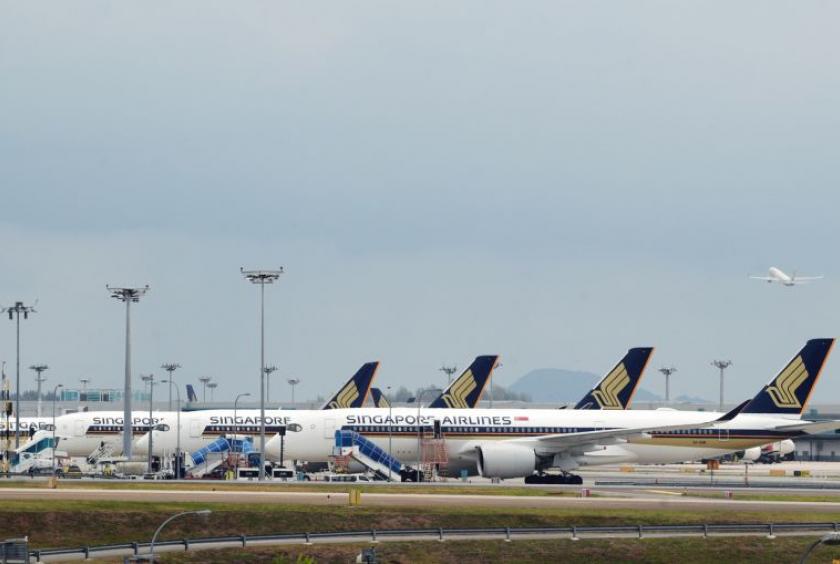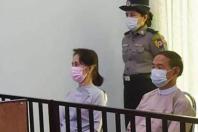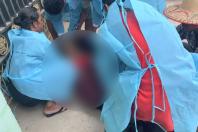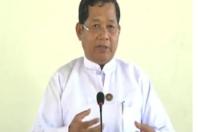
The Straits Times / ANN
SINGAPORE - Passengers will have to adapt to a different travel experience when air travel picks up again, as regulators and airlines look into how to make flying safer, said Singapore Airlines (SIA).
While the specifics of how the aviation sector will evolve post-Covid-19 are still unclear, SIA has created four working groups to prepare for potential scenarios, it said during a briefing on its financial results on Friday (May 15).
Mr Mak Swee Wah, executive vice-president of operations, said: "Obviously, the concern now is on safety and health. There are a few themes out there, for example, wearing masks, social distancing and contactless services.
"All these issues are now being examined to see how practical they are both on the ground and in the air... so safe to say, it will not be the same as the pre-Covid situation."
In response to a question on fares and whether they will increase because of social distancing measures implemented on planes, Mr Lee Lik Hsin, executive vice-president of SIA's commercial department, said: "The price of the air ticket is really a function of demand and supply, and we will adapt these curves accordingly as we get back out in the market and restart our services.
"And to the question of social distancing in particular on planes, it is still not determined at this time the efficacy of such measures. There are many discussions ongoing between the various authorities and airlines... but it is too early to make an announcement on this."
SIA had on Thursday reported an annual net loss of $212 million for the year ending March 31, the first loss in the airline's 48-year history.
Its full-year operating profit plunged 94.5 per cent year on year, as the coronavirus pandemic led to a collapse in air travel demand and a drop in fuel prices.
The sudden change in fortunes came in the fourth quarter. SIA said it had, in fact, achieved a strong performance in the earlier three quarters, driven by robust passenger traffic numbers and business transformation initiatives.
SIA chief executive Goh Choon Phong said in Friday's briefing that it is uncertain exactly when and how the industry will recover.
But changes are expected in areas such as consumer behaviour and business travel trends.
"Nobody is sure about how the pace of recovery will be like and what are the kinds of regulatory improvements that countries in the world will put in place to address the need to contain the virus," said Mr Goh.
To address these issues, SIA has created a Restart Taskforce, comprising the four working groups, to look into areas such as travel experience and regulatory development.
Mr Goh said the carrier's goal is to quickly adapt to new norms that are being shaped. This would enable SIA to emerge from the crisis stronger when the aviation sector eventually recovers.
On SIA's current situation, Mr Goh described its flight cuts of 96 per cent as "very, very drastic", although he noted that other major airlines worldwide have also undertaken major cuts.
"We are now operating at a very minimal capacity, and therefore there is virtually no revenue," said Mr Goh.
This had thus required SIA to cut costs while seeking additional sources of funding, with the most major move involving main shareholder Temasek.
SIA is seeking to raise up to $15 billion by issuing new shares to current shareholders to raise about $5.3 billion and issuing mandatory convertible bonds to raise up to $9.7 billion.
Temasek, which now owns about 55 per cent of the airline, has pledged to take up any remaining shares and bonds that are not subscribed.
The move has helped SIA to have a balance sheet that is among the strongest in the sector, said Mr Goh.
He added: "There is a general belief that there will be growth at some time. So obviously, with all these changes, we will have to change the way to operate too.
"We believe there is an opportunity for us to look at all these different factors and ensure that when we emerge, we are in a position of strength."









